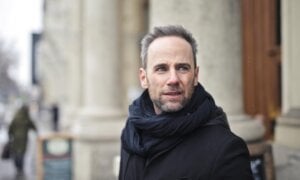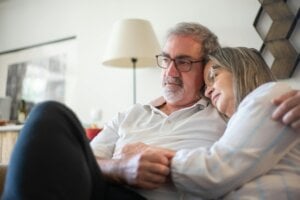What to do with this bonanza of found savings? We asked four experts what they recommend clients do with an extra $500, $1,000 and $10,000.
Adrian Mastracci, portfolio manager with Vancouver-based Lycos Asset Management Inc., suggests any extra savings should be “parked out of sight” for a month or two while you analyze your needs and options: “Don’t rush into anything, no matter how appealing.”
Parking extra cash in a savings account is a starting point, and couples need to figure out whose money it is for tax purposes. Of course, savings accounts pay almost nothing, so the tax burden will be relatively light for the partner who elects to claim it.
On the other hand, if you owe money, interest charges will be more substantial. (Funny how that works!) So, repaying debt—particularly high-interest credit-card debt—is a top-notch, risk-free way of deploying cash, Mastracci says. Trimming lines of credit, student loans or mortgages is always prudent. Donating to charity may confer some tax benefits.
Those with their own businesses may consider adding to business capital. If you pay taxes by installment or expect to have to pay tax time next April, setting funds aside for that purpose is prudent. Or you could lend it out at the CRA’s prescribed rate to whichever spouse is in a lower tax bracket.
Watch: Prioritizing spending for what matters
Certified Financial Planner Aaron Hector, vice-president of Calgary-based Doherty Bryant Financial Strategists, says those nervous about their employment status should leave the money parked while they wait and see what transpires. “Flexibility is very important, and cash provides flexibility.” You should determine if there really are true savings or you are simply experiencing a delayed expense, as may be the case if a planned vacation was cancelled because of COVID. If so, that money will eventually be spent, Hector says, “so I think it is reasonable to park that money in a high-interest account and wait.”
Only if there really are excess funds would Hector suggest staying true to an existing investment plan. “Unless there is a fundamental change in risk tolerance or goals, they should keep doing what they were doing previously.”
COVID-19 has forced everyone to rethink financial goals and objectives, says Robb Engen, a fee-only planner, and the blogger behind Boomer and Echo. “For some retirees, that has meant putting off large projects like home renovation until better times. But for those who have enough income to meet their spending needs and then some, I’d recommend squirrelling away any extra cash savings in a high-interest savings account to ensure you can pay cash for your next big-ticket purchase without cashing in any investments.”
Speaking of which, you may be keen to invest any “found money” by contributing to your RRSP or spousal RRSP. Or you could top up TFSAs, or start one for adult children who have yet to open one. If all registered contribution room has been spoken for, add to taxable accounts.












7000$